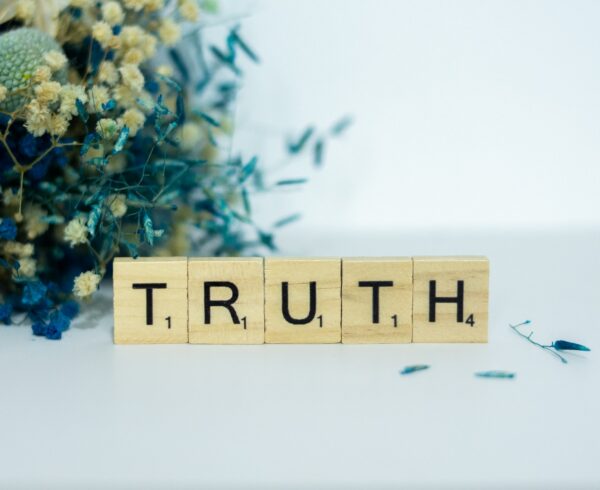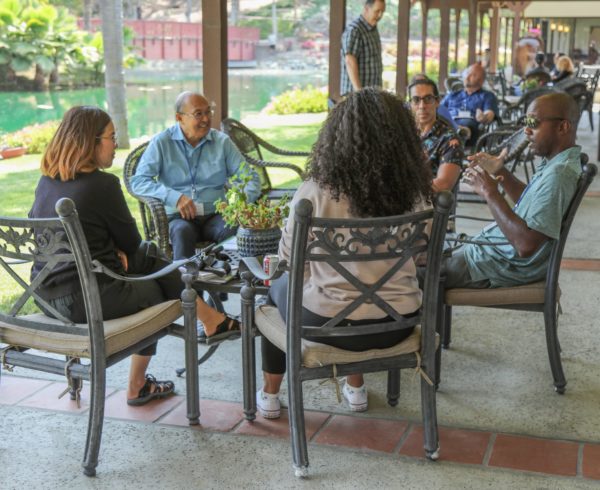As children most of us learned the word story in the context of fictional stories. Later in life, they took on new meaning. Stories were no longer imaginary narratives we read in a book. They became the very real and present vessels for sharing parts of our lives with friends and family and others. “Hey let me tell you a story about…”
Some stories were about interesting people we met or people we’ve loved.
Some stories were about memorable events that happened.
Some were about close calls we’ve had and taking risks.
Some were about teachers who made a difference.
Some were about a breathtaking horizon we saw.
Some about a movie that entertained us.
Some about tragedies that shook us.
Some we couldn’t wait to tell.
And some we kept secret.
Some are positive.
Some negative.
And sometimes…these stories are about our perceptions of others.
We meet someone for the first time, and we tell ourselves a story about why that person is the way that they are. Why they look like that. Why they talk that way. Where they come from. We smirk with delight at our deductions on the intricacies of human behavior and social statuses of others.
We’re good at telling other people’s stories (or so we think).
But the stories that seem to occupy most of our energy and time are those we tell ourselves about ourselves. That internal critical dialogue that is hard to shut off.
Like…
When someone (significant other, friend, coworker) says something that makes us feel loved, we tell ourselves a story about why we’re loved.
Or when someone says something that hurt us, and we tell ourselves a story about why they hurt us.
Or when we lost our job, we tell ourselves a story about being let go.
Or how we never got the job to begin with (after investing so much time into our application and pursuing the job), and we tell ourselves a story about defeat, about weakness, about “Why this always seems to happen to me.”
Or why we didn’t get the raise.
Or why we can’t make friends easy.
Or why we have an ongoing medical condition.
Or why we can’t lose weight or stay in shape.
Why there’s never enough time in the day.
Why we can’t seem to ever get ahead.
Why the problems of life don’t seem to let up.
Why this happened or that happened.
Why I am this way and you are that way.
We tell ourselves stories. All the time.
And we tell them to make sense of what is happening.
Sometimes we’re not even aware we’re doing it because it’s so habitual and usually at the subconscious level.
And then again, sometimes we are so very aware that we stay up all night worrying about people, about relationships, about unmet needs, about what we want, don’t have and wonder if we’ll ever get.
The stories we tell about ourselves and about others, about our circumstances and their circumstances, impact us.
Because stories are powerful.
They can shift our motivations and choices and even life’s outcomes.
They can make or break relationships.
They can make or break careers.
They can make or break our sense of wholeness and whether or not we thrive.
They can lead us to love or to hate.
But…the stories we tell ourselves today don’t have to be the stories we tell ourselves tomorrow.
Our stories can change.
There are new stories.
New possibilities.
New ways of crafting and writing our lives that are just bursting at the seams waiting to be told.
If we would just stop…long enough…to rethink the stories we are telling ourselves…
Long enough to listen and ponder and consider whether or not those are the stories we want to keep telling…
Long enough to consider the possibility that a new story of our lives may be forming…
Long enough to pick up our proverbial pen and typewriter and begin to write them down.
Perhaps, only then can our lives take on new meaning and purpose and life and hope and joy and love and peace and forgiveness and grace and vision and friendship and on and on and on.
Don’t you think it’s time to write a new story?







